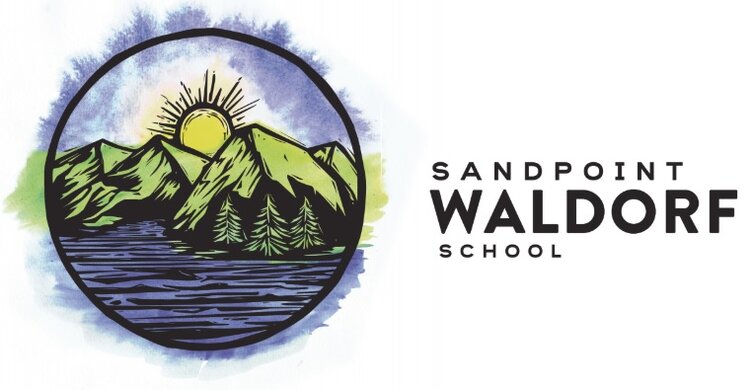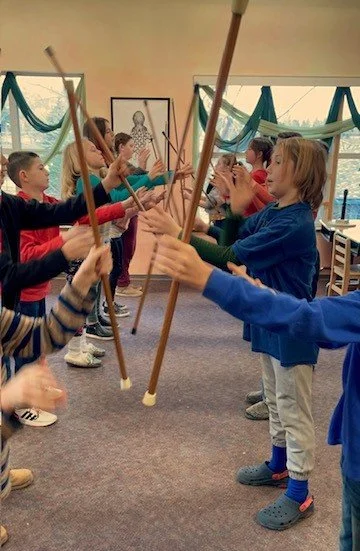Not Lost in a Book
Why the “decline by 9” in kids pleasure reading is getting more pronounced, year after year.
BY DAN KOIS
MAY 05, 20245:45 AM
Those of us who believe in the power of books worry all the time that reading, as a pursuit, is collapsing, eclipsed by (depending on the era) streaming video, the internet, the television, or the hula hoop. Yet, somehow, reading persists; more books are sold today than were sold before the pandemic. Though print book sales were down 2.6 percent in 2023, they were still 10 percent greater than in 2019, and some genres—adult fiction, memoirs—rose in sales last year.
But right now, there’s one sector of publishing that is in free fall. At least among one audience, books are dying. Alarmingly, it’s the exact audience whose departure from reading might actually presage a catastrophe for the publishing industry—and for the entire concept of pleasure reading as a common pursuit.
By Jessica Grose
Opinion Writer
A journalist and novelist offers her perspective on the American family, culture, politics and the way we live now. Get it with a Times subscription.
Jaime Lewis noticed that her eighth-grade son’s grades were slipping several months ago. She suspected it was because he was watching YouTube during class on his school-issued laptop, and her suspicions were validated. “I heard this from two of his teachers and confirmed with my son: Yes, he watches YouTube during class, and no, he doesn’t think he can stop. In fact, he opted out of retaking a math test he’d failed, just so he could watch YouTube,” she said.
She decided to do something about it. Lewis told me that she got together with other parents who were concerned about the unfettered use of school-sanctioned technology in San Luis Coastal Unified School District, their district in San Luis Obispo, Calif. Because they knew that it wasn’t realistic to ask for the removal of the laptops entirely, they went for what they saw as an achievable win: blocking YouTube from students’ devices. A few weeks ago, they had a meeting with the district superintendent and several other administrators, including the tech director.
To bolster their case, Lewis and her allies put together a video compilation of clips that elementary and middle school children had gotten past the district’s content filters.
Their video opens on images of nooses being fitted around the necks of the terrified women in the TV adaptation of “The Handmaid’s Tale.” It ends with the notoriously violent “Singin’ in the Rain” sequence from “A Clockwork Orange.” (Several versions of this scene are available on YouTube. The one she pointed me to included “rape scene” in the title.) Their video was part of a PowerPoint presentation filled with statements from other parents and school staff members, including one from a middle school assistant principal, who said, “I don’t know how often teachers are using YouTube in their curriculum.
A three-year-old talks to grandma on Skype. A seven-year-old reads a fairy-tale with Dad on a Kindle. A child with spatial-awareness issues plays Tetris.
Is this okay? Good, even? Would something else be . . . better?
'Walk through the Grades' is an in-session school tour which provides a glimpse into the active and joyful learning of the students in our grades. During your time in the classrooms, you will have the opportunity to look at some examples of the students’ work, in addition to watching their engagement with the task at hand. In between each classroom, the tour guide will provide additional information and answer a few questions. After visiting the last class, the participants will be able to ask more questions and will learn about the next steps in the admissions process. We encourge both existing school families and prospective families to attend. The tour is for adults only, in order to limit the distractions for the classes being observed.





